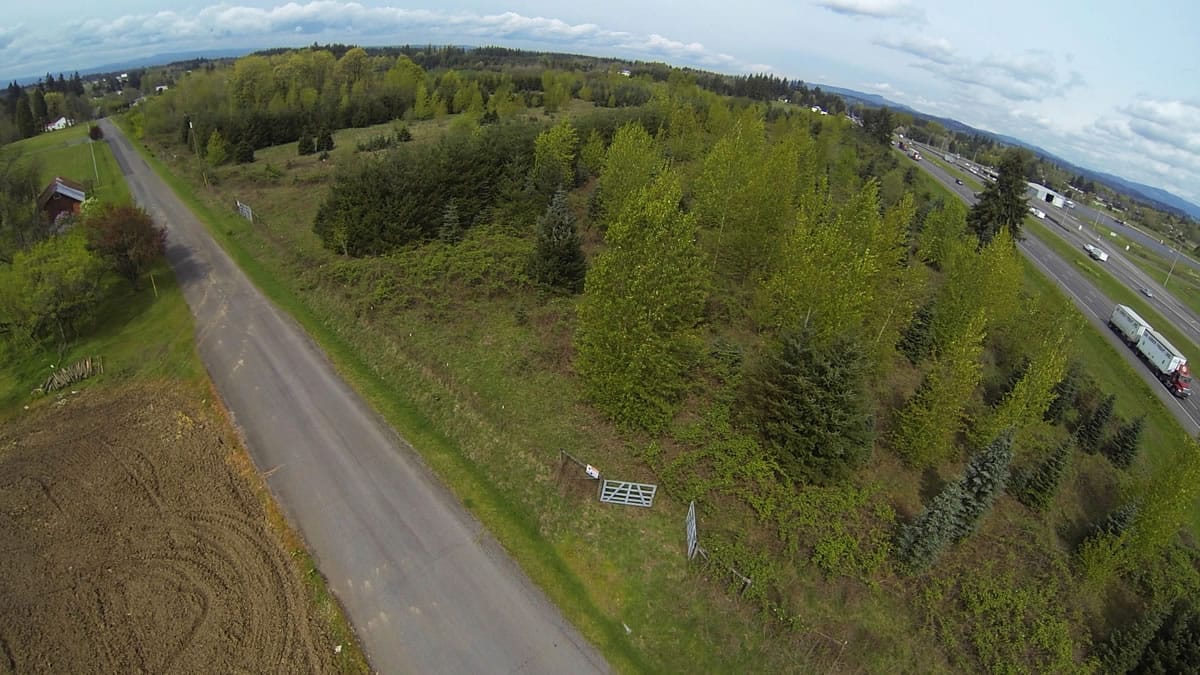A forum addressing Clark County’s Comprehensive Growth Management Plan update drew more than 80 people to the Vancouver Community Library on Monday.
Speakers at the packed forum, which was hosted by the Clark County Food System Council, addressed possible agricultural and economic impacts of the growth plan.
One of the speakers, Mike Bomar, president of the Columbia River Economic Development Council, said there has been a more diverse group of opinions voiced in response to the plan update than he’s seen in 10 years of being involved in comprehensive planning.
This year’s growth plan has come under scrutiny by a variety of local land-use advocacy groups and politicians, particularly after Clark County Councilor David Madore unveiled Alternative 4 to the plan earlier this year.




